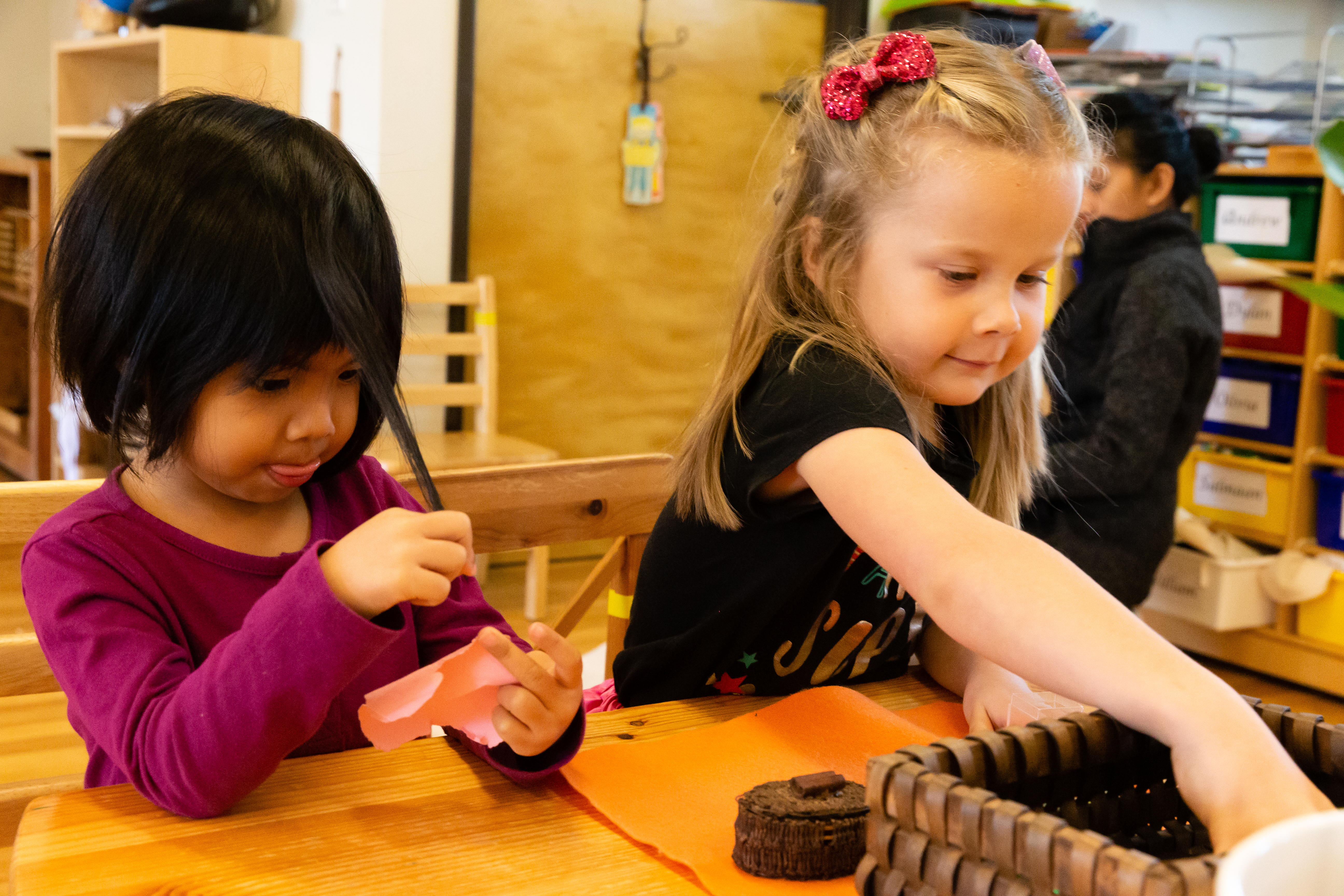(858) 759-0631
How You Can Teach Girls to Build Each Other Up Rather Than Tear Each Other Apart
Empowerment, Support and Encouragement of Each Other Can Win the Day
Researchers are pointing to new ways that today’s girls see themselves: they feel their biggest challenge isn’t just how men treat other women but how women treat other women.
In other words, girls are less likely to support each other—unless they band together and expand their options by supporting and encouraging each other. Coupled with their feelings that society most values their physical appearance, they also see fewer opportunities at school for them than for boys.
“We live in a world where women are proving themselves,” Kristin Edwards, M.Ed., Director of Lifetime Montessori School in San Diego, says. “They think that asking for help is a weakness--not just receiving help, but asking for it! In truth, asking for help makes you look stronger.
Why? Because you are trying to get better at what you’re doing, and that’s a positive!”
Changing the Narrative
Parents can help create stronger bonding among girls by employing specific tools.
These include:
• Urge Your Girls to Use Social Media For Achievements Rather Than Selfies—tell your girls to shout-out to friends who have reached personal goals or achieved success in the classroom, on the field or in the auditorium. Via this simple change, we can begin a positive cycle where positive and kind gestures replace jealous or sniping ones. You can teach that true friendship and tenacity matter more than appearance or popularity.
• Help Girls Expand Their Body Language—when girls feel strong, they see one another as allies rather than predators, says Amy Cuddy, the author of ‘Presence.’ Posture is a piece of this strength. Good posture helps people remain positive and strong—not shrinking and inconsequential. One look at the ‘Fearless Girl’ sculpture in NYC should illustrate this truth—chin up, chest out and show confidence!
• Normalize Giving and Receiving Help—older, female mentors can lend support. For example, a teenager pairing with a Baby Boomer can find significant emotional common bonds. When the older woman discusses her younger self with the teen, the girl sees that they are not alone. If anything, “this intergenerational connection is a two-way street,” Cuddy says.
• Emphasize Mastery Instead of Performance—instead of focusing on how well your daughter performs on the athletic field, focus on a specific component of her skill set. Aim towards teaching your daughter to do her best rather than beating someone else.
How can this manifest itself?
Simply by working out with struggling teammates or crossing finishing lines together, girls can transfer your lessons about empathy and mutual support to other areas of their lives.
“Throughout the Montessori Experience that we teach at Lifetime Montessori School, we focus our elementary school teaching on everything but grades,” says Edwards. “We want children to master their learning rather than focus on tests. By learning and understanding subject matter, we focus students on doing their best rather than learning specific answers for testing purposes.
“It’s what you’re learning rather than your test scores that matter…once you master it, you’ll be a good performer. And, you’ll get better at performing once you master the skill,” Edwards continued.
• Loyalty Rules—teach girls that it’s good to have one another’s backs even if they drift apart or develop different interests. Choosing friends who are in your corner is a powerful ally.
• Team Joining and Team Building—one of the best things about Title IX is an equal playing field for women’s sports. When girls play sports, they set their egos aside and invest in one another’s success. Sports can build social status.
Not into sports? How about joining drama or band?
The value of ‘what’s best for the performance’ is a key component in building strong bonds between girls via trust and ‘taking one for the team’ regardless of the activity. The key is forging friendships early that can last a lifetime.
Summary
In an America where social media presents big moments and colossal busts, we parents can help change the social narrative if our girls are being torn apart by other girls. These various behavioral changes can help girls recognize that their value is more than ‘skin deep;’ in many ways, we can help them override insecurity and frustration through the above steps.
This article was first published in The Washington Post, October 30, 2018, by Phyllis L. Fagell, counselor at Sheridan School in Washington, D.C., and therapist. Editing and commentary by Kristin Edwards, M.Ed.

